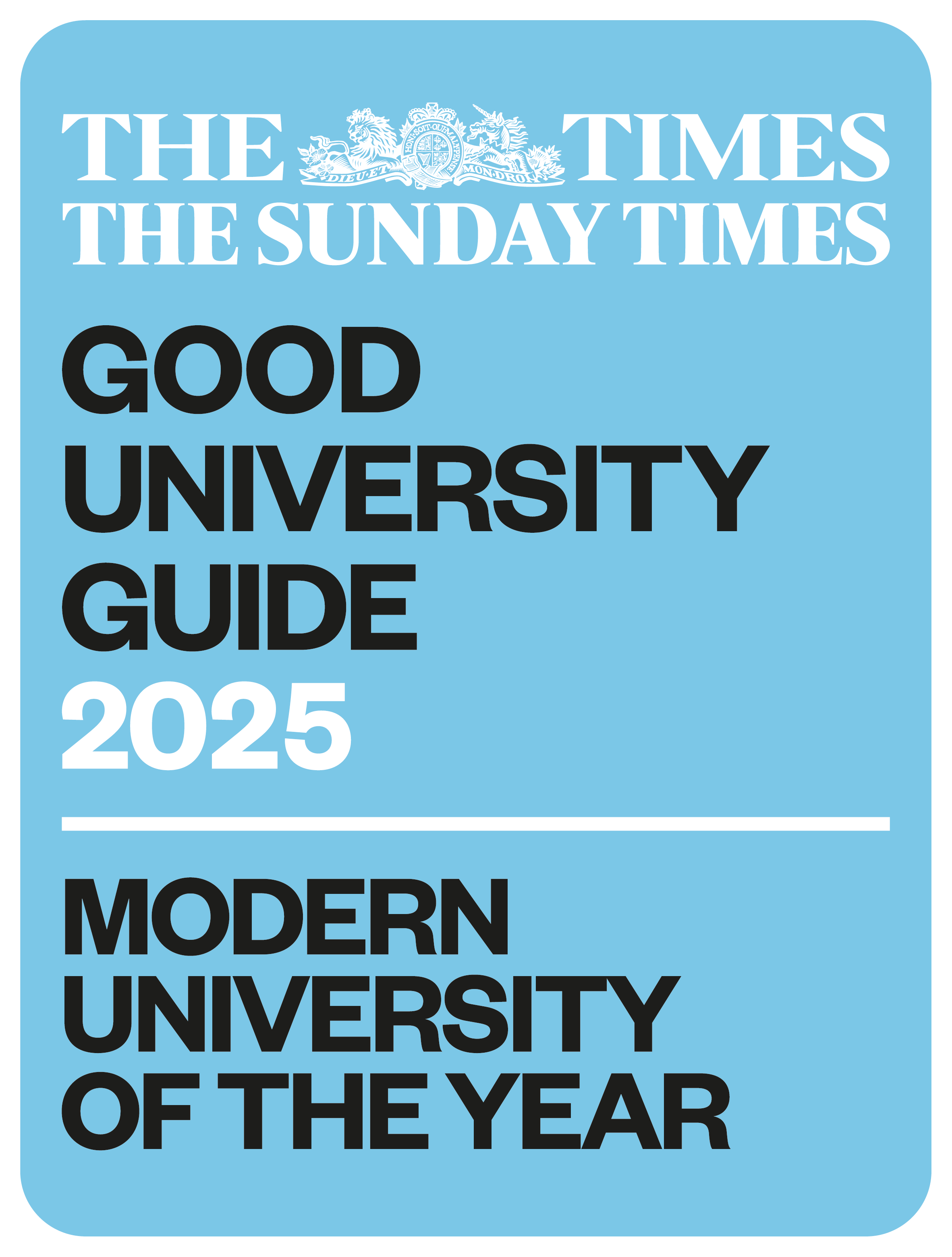*SUBJECT TO VALIDATION*
Civil engineers play a crucial role in shaping the world, designing, constructing, and maintaining essential infrastructure such as roads, bridges, water systems, and buildings. The BEng (Hons) Civil Engineering Degree Apprenticeship at Northumbria University offers a unique opportunity to gain hands-on experience while studying a professionally accredited course.
This course is designed to align with the Civil Engineer (Degree) Apprenticeship Standard and meets the academic requirements for Incorporated Engineer (IEng) registration. It blends theoretical learning with practical, work-based experience, ensuring you develop the technical knowledge, problem-solving skills, and professional competencies required in the civil engineering industry.
With flexible blended learning, including online modules, interactive sessions, and workplace projects, you can apply what you learn directly to real-world scenarios. You will also be part of the Northumbria Civil Engineering Apprenticeship Hub, connecting with industry professionals and broadening your career prospects.
By completing this course, you gain a solid foundation in civil engineering principles, professional standards, and industry best practices. You also develop essential skills in design, sustainability and professional civil engineering
practice, preparing you for an impactful career in the sector.
 Option for Placement Year
Option for Placement Year Option for Study Abroad
Option for Study Abroad










